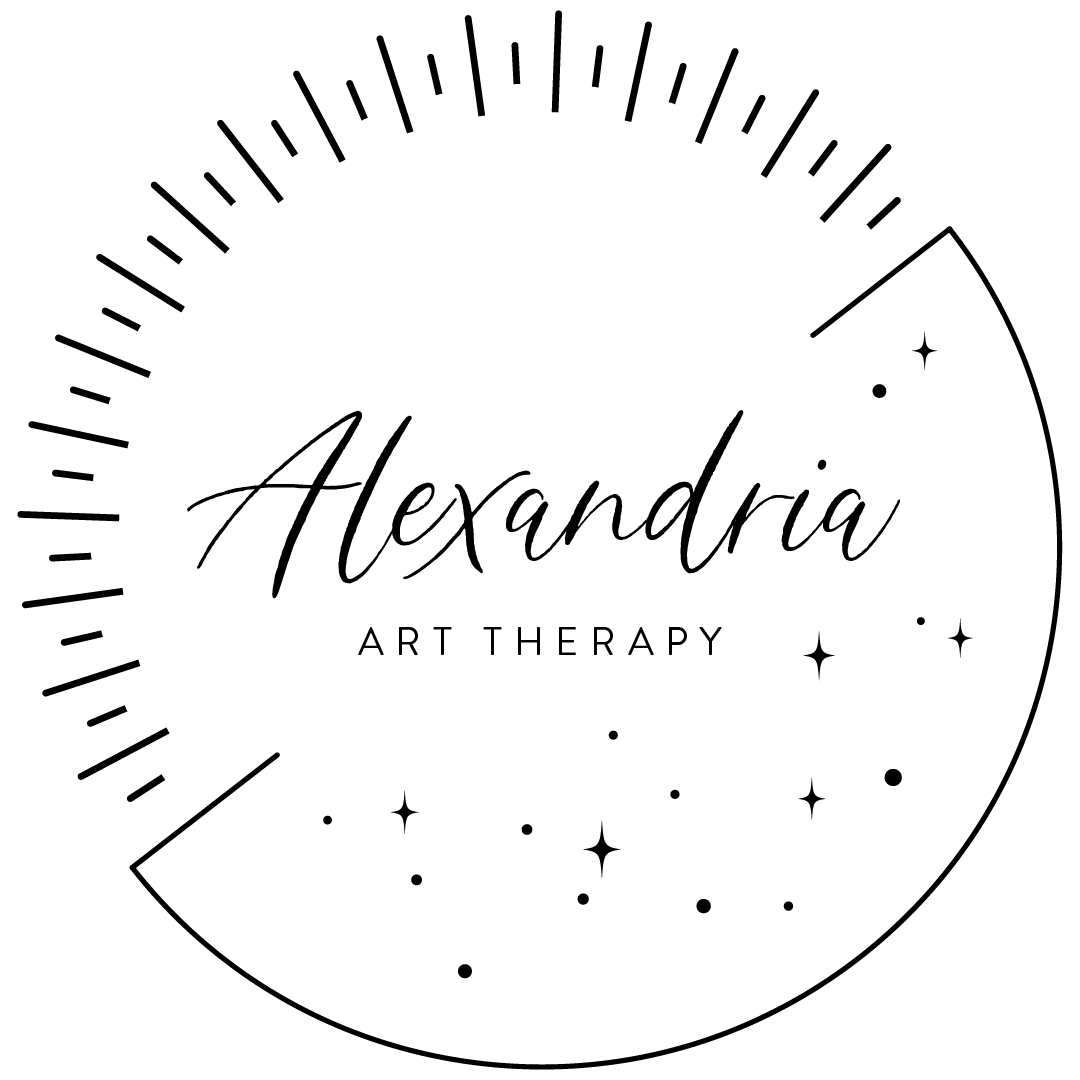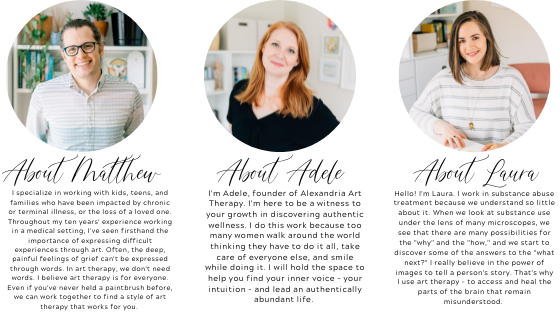Ask a Therapist: How Do I Deal with COVID Anger and Blame?
As we arrive at the second anniversary of the pandemic (or, as every news article I read seems to want to underscore, the third year of the pandemic), I’m experiencing a different set of emotions. While early in the pandemic, the overwhelming emotion was fear, now I’m feeling more anger and blame.
There’s the anger I feel at people who refuse to get vaccinated, anger at the long wait for little-kid vaccines. And the anger when you find out you’ve been exposed—following the rules for so long, making so many sacrifices, and knowing you’re going to get caught in the crosshairs anyway.
So we’re back with another edition of Ask a Therapist: How do I deal with COVID anger and blame? Are there some reframing techniques we can use? How do we process anger in a healthy way? Am I alone in feeling like this?
MATTHEW BROOKS (ATR): You are not alone. When I found out I was exposed earlier this year, I was anxious, angry, and defeated. During that moment, someone said to me, “You still have to live your life, and if you get it, you get it.” My gut reaction was that of anger. I’m still living my life, but I also still don’t want COVID. Both of these can be true.
LAURA MILES (LPC, ATR-BC): I’m still living my life, yes, but I’m certainly not living the life I want, or the one I was living two years ago. I find myself angry and jumping to blame when I think about how blatantly disrespectful it is that we've allowed this situation to go on as long as it has. Sure, we can't control nature, but look at the data from other nations who worked together to ensure the safety of children, older adults, disabled communities, and other fragile groups, and it is clear that we've been left to fend for ourselves. I refuse to get on board with the "we just have to learn to live with this" mentality because there are so many marginalized communities that do not have that option. What does it say about those who are willing to cast these groups as "other,” and decide they’re disposable?
MATT: One thing I’ve noticed is that people are treating COVID a bit like it’s a game. There’s this idea that we’re playing tag trying to escape the virus. We’re constantly trying not to get COVID, or be “it,” and see how we can get the high score–how many days we go without catching it. But this isn’t a game, and if we’re living like that, of course we’re exhausted and angry.
DOT DANNENBERG (Practice Manager): And if we’ve internalized this as a game, the rage really flares up at those who we perceive as breaking the rules. Several weeks ago, I had a friend and her kids over, and one of the children had a slightly runny nose. A few days later, I came down with cold symptoms, and my kid spiked a fever. We got negative COVID tests (but these days, who even knows), but I found myself having a conversation with my husband that was full of finger-pointing. Why would she come over when her kid was sick? How irresponsible! Lots of anger and blame. My husband pointed out that we never used to do this—try to contact-trace the source of a minor cold, get mad when we figure out who probably gave it to us.
ADELE STUCKEY (Clinical Director, LPC, ATR-BC): I also feel fear, confusion, anger, and frustration. My daughter had a cold this past week, and even after multiple negative tests in both households, I still question whether or not it was COVID. Why? When I'm grounded, I can connect with the fact that I'm often functioning in a hypervigilant state. When I notice my mind settling on the same fear-based questions over and over, I know it's anxiety. Like, should I take another test? What if it was a false negative? Can I even get a PCR? Am I overreacting? Remember when a runny nose was no big deal? How many at-home tests do I have left? So, I put on my therapist hat with myself. What do I need to hear to feel more safe right now? Adele, you took a test. You all tested negative. It's normal for kids to pass colds around. It's winter, and colds are common. You are doing what you can to protect yourself and others. It's okay to feel uncertain.
LAURA: I’ve been exposed three times, even though I’ve barely left my house since the new year. It’s inconvenient, and it makes me angry every time. I find myself asking “How is any of this fair?” None of it is. I remember being told as a kid "life isn't fair," but also hearing that I should "work hard, be a good person, do the right thing, and I'll be rewarded for that." Let me tell you, if I have any more character development, my character is going to develop into a villain. I have followed every rule. I have been so cautious. I have given up most of the things that bring me joy for the sake of protecting other people. It’s difficult to do all of these things, to do everything right, and then earn nothing in return.
DOT: I had a conversation with a friend recently whose family caught COVID from their child’s daycare, but whose reluctantly-vaccinated, non-masking, large-event-attending family has managed to dodge getting it this whole time. Lots of anger there—lots of “how is this fair?” There are those who have lived like hermits for two years, and others who do whatever they want, and now the cautious ones are sick. What do we do with injustice and anger like that?
ADELE: I regularly have conversations with clients about the "what now?" How can I feel okay? What do I do with this rage? Sometimes clients need to rant. Sometimes they make art about the experience. Sometimes we just sit in the uncertainty, holding space for the discomfort. I find myself saying "this is hard" a lot.
LAURA: How do we deal with the anger? I have no idea. Maybe it's to be angry–to lean into the unfairness, the injustice–and feel how wrong it is. Anger is a really uncomfortable emotion, and I think we get a lot of messaging around it being harmful. After two years of holding that in, out of fear or burnout or whatever is going on, I can't do it anymore. I need to be angry.
ADELE: As a trauma therapist, I frequently bring the focus to the here and now. In this moment, what do I need to regulate my nervous system? How do I slow my breath, slow my heartbeat, and connect to my body in this space? We acknowledge the pain, sadness, anger, frustration, ambivalence…and sometimes glimmers of hope. We notice how uncomfortable each feeling is. We talk about where the feelings exist in the body. What are the sensations you feel? How can we hold this energy or move it? One of the most challenging experiences as a therapist is that I don't actually have the answers–and it's not my job to figure it out. But as I sit in the same experience, living through this pandemic side by side with my clients, I wish I did. What I can do is validate the feelings that arise. That anger, sadness, and hopelessness are real. It’s a common experience in our society to be taught (consciously and unconsciously) to make our feelings smaller or try to make them go away. Therapy is a space where those feelings can show up in their full intensity–we therapists will hold space for that.
Don't miss an update--subscribe to our newsletter on Substack to receive new blog posts & the latest news in your inbox every other week.


